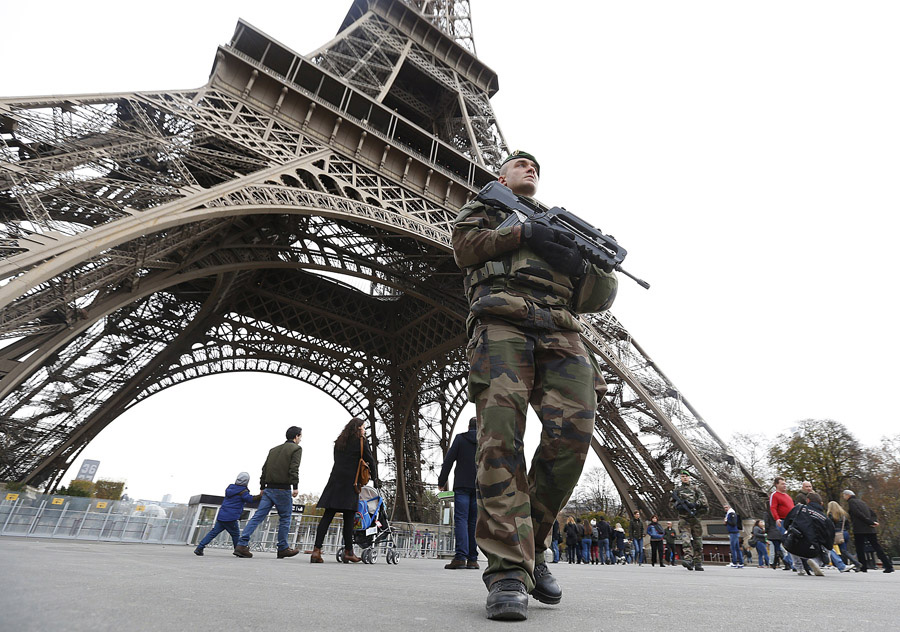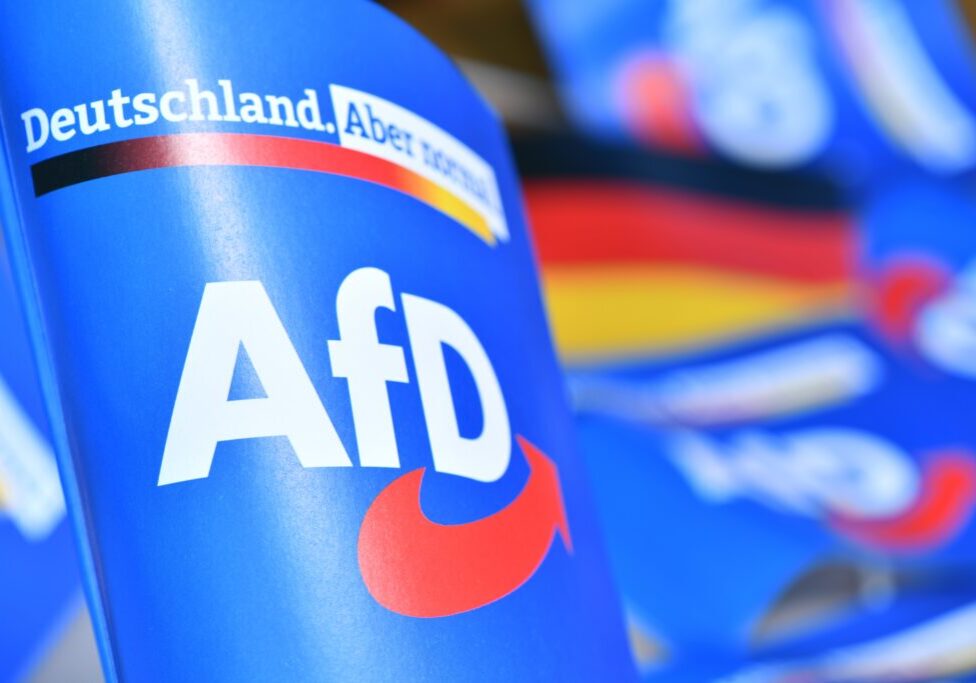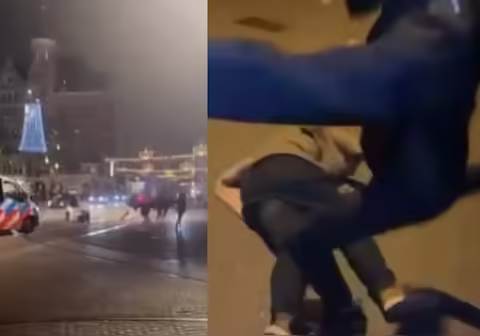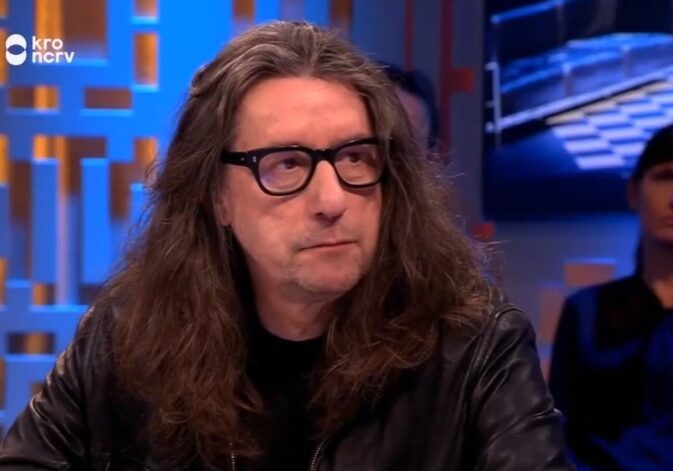Australia/Israel Review
The New Normal?
Nov 25, 2015 | Walter Russell Mead

Walter Russell Mead
The whole world has its gaze fixed on Paris these days, and rightly so, given both the horrific nature of the attacks and the reverberations the massacre has already sent through European and American political discourse. The shock is still fresh. The wounded are still in the hospitals. The politicians are making speeches, and President Hollande has declared that France is at war, but it is already painfully clear that nothing France or its allies can or will do in response will end the threat of Paris-type attacks.
Regardless of what kind of response the West ultimately launches, military efforts in the wake of Paris will not spell an end to terrorism. There is no chance for a cure for the causes of terrorism anytime soon, no matter how much Paris may have stiffened Europe’s resolve. Across the Middle East, democracy isn’t taking hold, economic development is further away than ever, and bad governance is still endemic. This “civilisational wound” isn’t going to be cured, and the sense of backwardness, bitterness, alienation it creates isn’t going to get better. The Arab world as a whole is no closer today to, say, an East Asian-style development miracle than it was in 1950 and neither the West nor anybody else has the slightest idea how to change that.
Meanwhile, in the West, Muslim populations in Europe will be economically underprivileged for a very long time. They’ll be facing a future with few jobs, bad schools, and popular prejudice running against them. This will increase the radicalisation that we are already seeing in places like Belgium.
We have had “never again” moments before in COFKATGWOT (the Conflict Formerly Known as the Global War on Terror). There were the attacks in Mumbai and in London. There was the Madrid train bombing. And, of course, there was 9/11 itself. We have used bombs and ground troops. We have engaged in efforts to build bridges to the Islamic world. We have collaborated with “moderate Islamists”. We have promoted democracy, both by the former President George W. Bush method in Iraq and the President Barack Obama method in Egypt. We removed despots in Libya and Iraq; we have supported strong men in Egypt and Turkey. None of it has made the jihad go away.
Nothing we do after Paris is going to make it go away, either. We can kill Osama bin Laden. We can (and we should) crush ISIS. But we can’t change the reality that jihadi ideology is alive and well, feeding off the discontent and disempowerment felt so widely in the Islamic world. We can strengthen our security at home, we can continue to improve intelligence collection and to disrupt the ability of terrorists to communicate, to travel, and to raise and move money. None of these measures can ever be completely successful, and new jihadi movements will likely spring up to replace the ones we defeat. But we cannot relax our vigilance. The price of failure is too high.
To survive and to thrive, the West will have to become more like Israel: guarding ourselves constantly against a threat that can’t be eliminated. The terrorists will continually try to develop new tactics to get around our security measures, and our security forces will have to find counter-measures against new and shifting terror attacks. Life in the West will be marked by periodic episodes of violence, which will be followed by security increases – but life will still go on.
Grave dangers remain. The terrorists are still on the hunt for Weapons of Mass Destruction (WMD). Chemical weapons are being used in Syria; the jihad knows no scruples when it comes to their use. The dirty bomb, the chemical attack, the poisoning of reservoirs: These dangers grow over time.
But for now, Paris simply reminds us that, like the Israelis, we live in a dangerous world. The peace and security of the Western world, our ability to enjoy the amusements and the diversions of the greatest and most beautiful cities the world has ever known, all depend on the vigilance of our security forces and the competence of their leaders.
The French and their allies have every right, and even have a duty, to strike ISIS as hard as they can. The hopes and the prayers of the civilised world will go with the pilots and fighters as they bring retribution to the authors of evil. But we cannot be naive. The war against terror has a long way to go, and we must brace for more horrors like the ones so recently visited on the City of Light.
Walter Russell Mead is the James Clarke Chace Professor of Foreign Affairs and Humanities at Bard College and Professor of American Foreign Policy at Yale University, as well as Editor-at-Large of The American Interest magazine. © The American Interest (www.the-american-interest.com), reprinted by permission, all rights reserved.
This article is featured in this month’s Australia/Israel Review, which can be downloaded as a free App: see here for more details.
Tags: Europe






